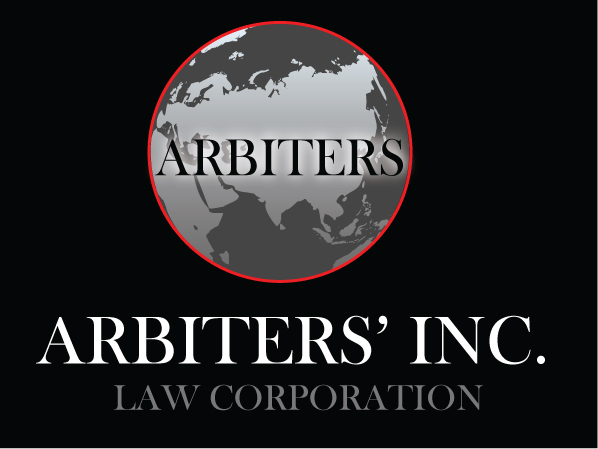|
|||
| Information | |||
| Suit No: | Suit 493/2002 | ||
| Decision Date: | 11 Jun 2004 | ||
| Court: | High Court | ||
| Coram: | V K Rajah JC | ||
| Counsel: | Roy Yeo (Chia Yeo Partnerhip) for plaintiffs, Vijay Kumar Rai (V K Rai and Partners) for defendants |
||
| Alternative Case Document: | |||
| Related Documents: | Academy Digest, Unreported Judgments |
||
| Reference Trace: | Cases, Legislation and References |
||
|
Catchwords
Words and Phrases – "Sufficient reason" – Definition – Section Conflict of Laws – Foreign Judgments – Recognition – Judgment from Singapore Civil Procedure – Costs – Taxation – Proceedings prima facie falling within Case Summary Facts This application arose out of a suit in which the defendant was assigned The plaintiffs applied to the judge for a final decision as to whether Held, ordering the plaintiffs’ costs to be taxed on the High Court (1) A solicitor who believed that there was “sufficient reason” (2) If Subordinate Court proceedings were commenced in the High Court, (3) The term “sufficient reason” in s 39 of the SCA had no (4) Nevertheless, it was appropriate for the plaintiffs’ solicitors Case(s) referred to Legislation referred to Judgment 11 June 2004 V K Rajah JC: 1 In Cheong Ghim Fah and another v Murugian s/o Rangasamy [2004] 2 On the issue of costs, the assistant registrar, taking into account The legislative matrix 3 While the High Court retains the general jurisdiction to entertain dictating that this jurisdictional demarcation be respected in the absence 4 In light of these considerations there are inherent legislative directives The legislative directives 5 Section 39 of the Subordinate Courts Act (Cap 321, 1999 Rev Ed) (“SCA”) (2) For the purposes of subsection (1)(a) and (b), a plaintiff shall (3) Where a plaintiff is entitled to costs on the subordinate courts (4) In any action, the High Court, if satisfied — 6 Order 59 r 27(5) of the RSC stipulates: The rival contentions 7 Counsel for the plaintiffs accepted that the assistant registrar had 8 Counsel for the defendant, on the other hand, argued that the court’s Principles 9 The general rule is that an award of costs is made for the purpose 10 The legislative directive in s 39 of the SCA is patently intended 11 In Australian Master Builders Co Pty Ltd v Ng Tai Tuan [1987] 12 It is evident from the statutory scheme and policy of the SCA and 13 What exactly is the gamut of cost consequences for parties if and Decision 14 On the basis of the then available facts, it was reasonable for the 15 There is yet another reason why I was persuaded that it was appropriate The chief distinctions between superior and inferior courts are found Another distinction between superior courts and inferior courts is that This is a historical anomaly and reality that has to be acknowledged 16 For completeness, I should state that if subordinate court proceedings 17 I was not, however, in the least impressed by the plaintiffs’ 18 In the result, as the plaintiffs satisfied ss 39(4)(a) and 39(6) Concluding observations 19 In Australian Master Builders Co Pty Ltd v Ng Tai Tuan ([11] 20 Solicitors must at all times exercise prudence and take the appropriate Costs of the plaintiffs to be taxed on the High Court scale. Reported by Tammy WJ Low. |
|||
